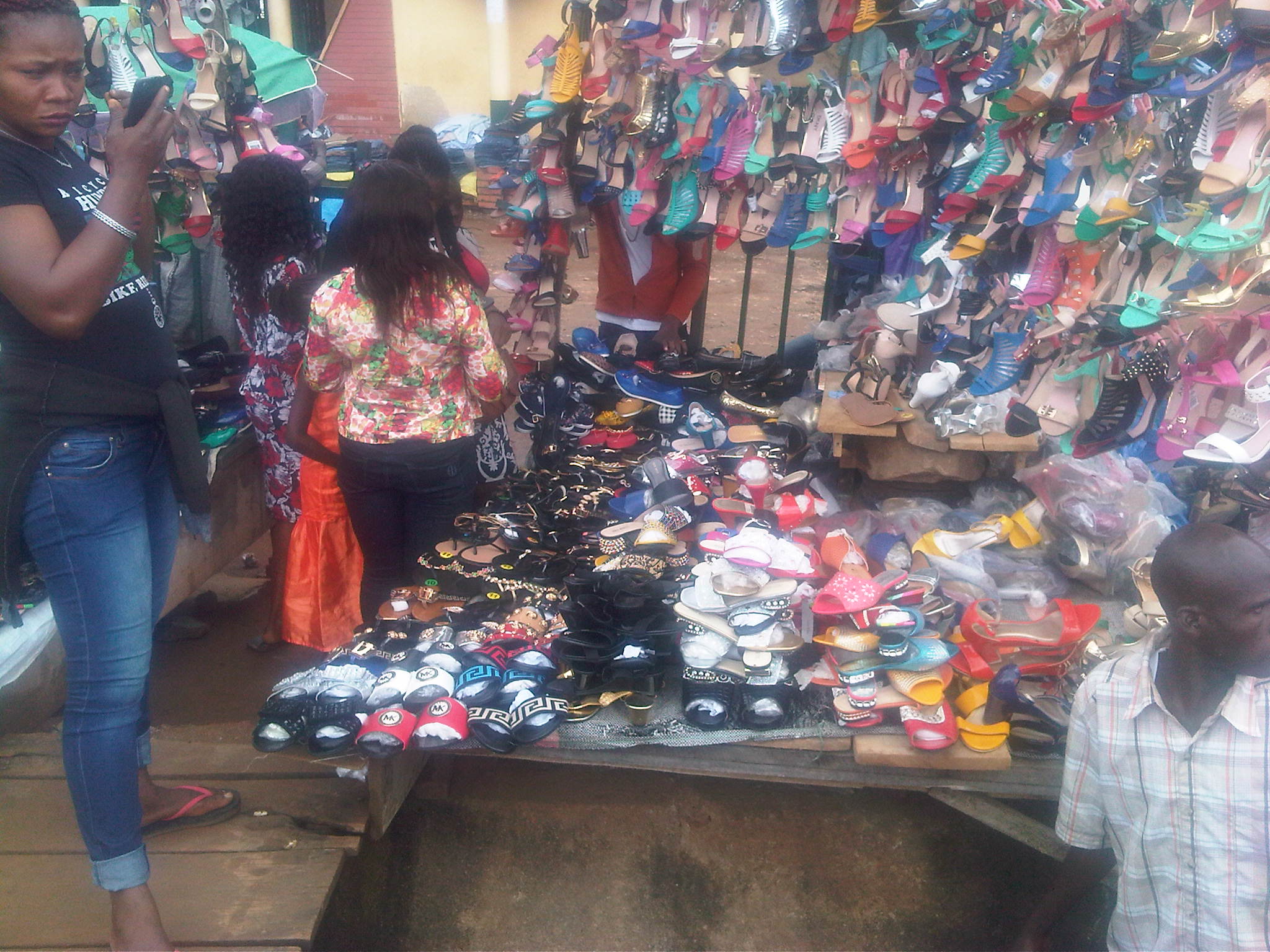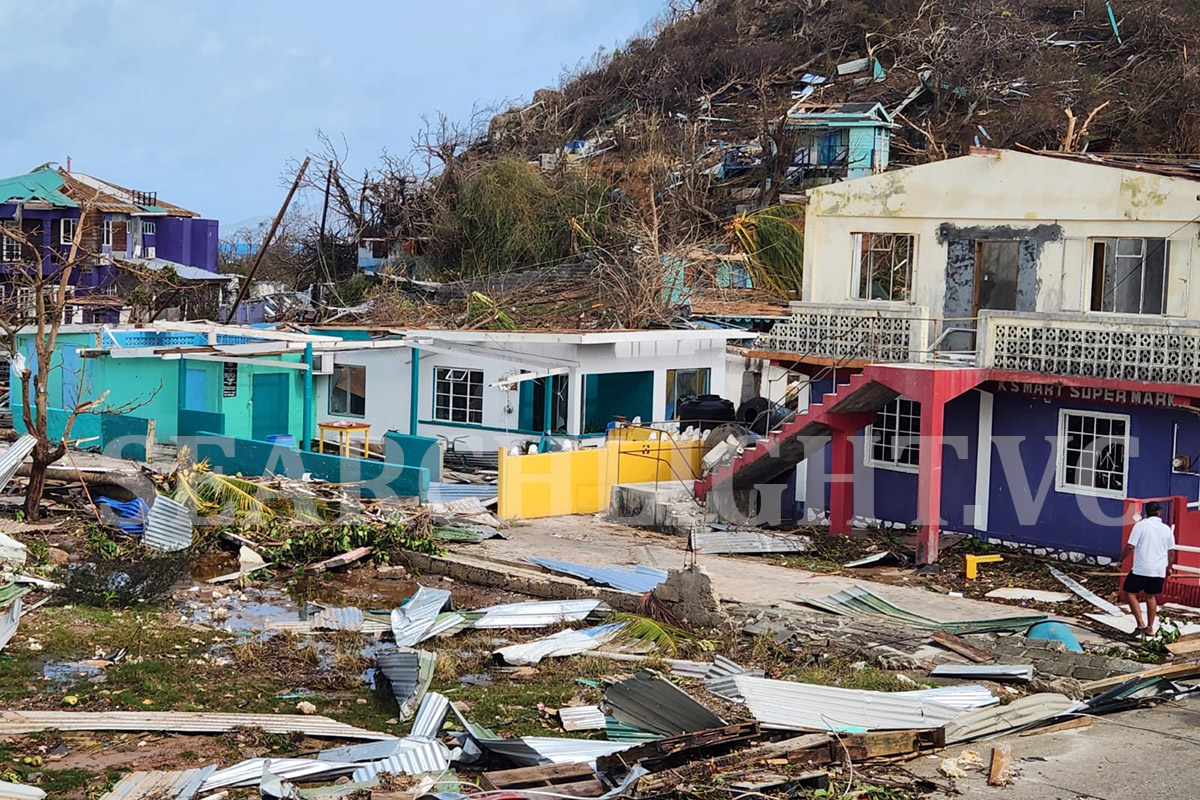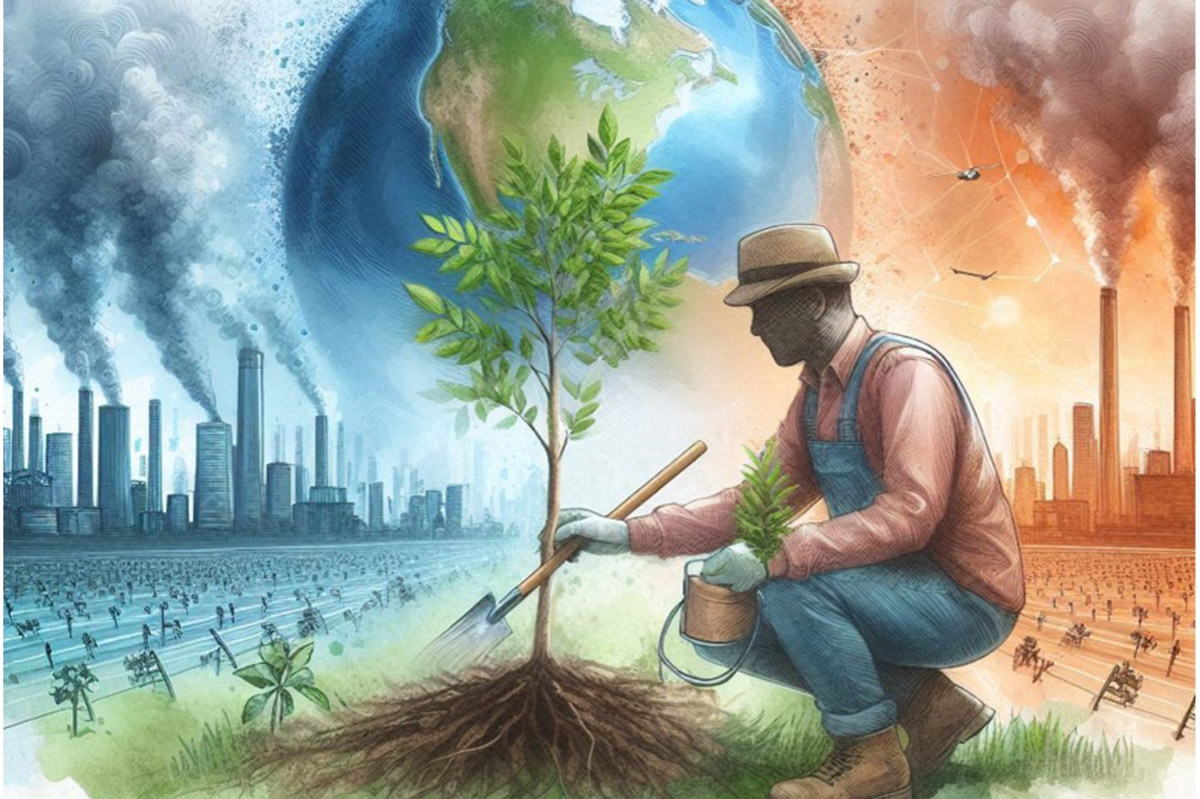“How students finance their own schooling”
October 4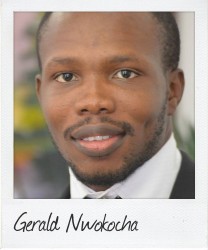 The saying goes that “not all fingers are equal”. Some are born with a silver spoon while others create it for themselves. Gerald Nwokocha, 28, a Correspondent from Abuja, Nigeria, meets with several students who have devised ways of supporting themselves during schooling.
The saying goes that “not all fingers are equal”. Some are born with a silver spoon while others create it for themselves. Gerald Nwokocha, 28, a Correspondent from Abuja, Nigeria, meets with several students who have devised ways of supporting themselves during schooling.
Despite the economic downturn in Nigeria, most students engage in many meaningful activities on campus to survive. Most students who do businesses on campus even sell below the market prices in order to get other students to patronise them.
Oge Udoka, a student of the Federal University of Technology Owerri, sells female underwear. She said she buys the items at cheaper rates from as far away as Cotonou in Benin Republic, and sells cheaper than the general market price. “I plough back part of my profit into the business while the rest I use to take care of myself on campus,” she says.
“Female students that needed flat tummy were patronizing the waist trainer. Some ladies are worried about their colour, dentition, breast and hip sizes and shape. So since there are things in the market that address their needs, we don’t hesitate to bring them around. They patronize us because those things work for them. I may not need a paid employment after school because no job will give me the kind of income I make from the business. Jobs will tie me down but this one is flexible,” she concluded.
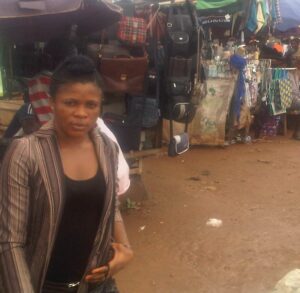 Jessica Maria is a student stylist and makeup artist in University of Nigeria Nsukka (UNN). She sells cosmetics in school. She employed three of her fellow students to help her run the business on a shift basis, thereby making money to fund their school.
Jessica Maria is a student stylist and makeup artist in University of Nigeria Nsukka (UNN). She sells cosmetics in school. She employed three of her fellow students to help her run the business on a shift basis, thereby making money to fund their school.
Jones Chikaodi, a student of Enugu State University, said he chose to reside in the school hostel because of the business he does. He sells shirts, trousers and footwear. He said his entrepreneurial ability endeared him to his lecturers.
Olamide and Ayowale are course mates in the University of Ibadan. They sustain themselves by selling lecture notes and exam preparation papers they prepared for 100-Level students.
Ben Okeke makes money from his photography business in school. He has trained himself through it, and has names his studio Beno Concept.
Chidi Nmeri does menial jobs wherever he can find one, especially during holidays. He said: “While others rest or travel during the holidays, mine is not so. It is from the proceeds of my labour that I eat and train myself. I have assisted builders to lay blocks, carry cement, carry sand on head pans; I do farm work for people like constructing ridges, weeding and clearing the farm with my friends.
“Initially, I used to pretend to my friends for fear of being mocked. But that changed the day a lecturer told us a story about his own student days. Since then, I stopped being shy. Most times, after the holidays, my friends would complain that I looked worn out, but I know that it is for a while.”
Opeyemi Smart, a graduate of University of Ilorin said he lived the ‘big boy’ life as an undergraduate, not because his parents were rich, but because he was proactive. “I had little knowledge of printing; I went in and ended up doing wonderful printing jobs like magazines, stickers and postcards, posters, almanacs, etc. I was well patronised by student politicians who I lobbied to get works like posters, fliers from their hands. I don’t own a printing press. I’d collect jobs in bulk and push them to a printing press.”
Peter Nwagwu, a student of University of Jos is a software vendor. The fact that a large number of staff and students are using laptops is good news for him. He also supplies laptops to whoever needs them “no matter the specification”. His two close friends design websites and software for organisations.
Some other students pay courtesy visits to politicians, prominent personalities and establishments and, in return, they would be given money. “Politicians like awards, we learnt that quickly, and we use that to get cash from them. Any time we visit them, we always go home smiling,” he added. Some of these groups align themselves to particular politicians or aspirants.
The above examples shows that most students are enterprising. If they could be assisted or if entrepreneurship is inculcated in coursework, they would not be looking for white-collar jobs that are scarce to find.
Reach me at nwokochagerald@gmail.com
Photos: courtesy of Gerald Nwokocha
…………………………………………………………………………………………………………………
About me: I’m an apostle of positive change who possesses leadership acumen and intellectual values. My work in investigative journalism and community service has helped to improve human condition.
I am the principal author of “The Metamorphoses of Nigeria”. Via the book, I interviewed Nigeria’s President Muhammadu Buhari, and former Commonwealth Secretary-General Chief Emeka Anyaoku.
I am a game-changer with a track record of excellence, and passion about teamwork and Africa. I live in Nigeria’s capital, Abuja.
…………………………………………………………………………………………………………………
Opinions expressed in this article are those of the author and do not necessarily represent the views of the Commonwealth Youth Programme. Articles are published in a spirit of dialogue, respect and understanding. If you disagree, why not submit a response?
To learn more about becoming a Commonwealth Correspondent please visit: http://www.yourcommonwealth.org/submit-articles/
…………………………………………………………………………………………………………………
